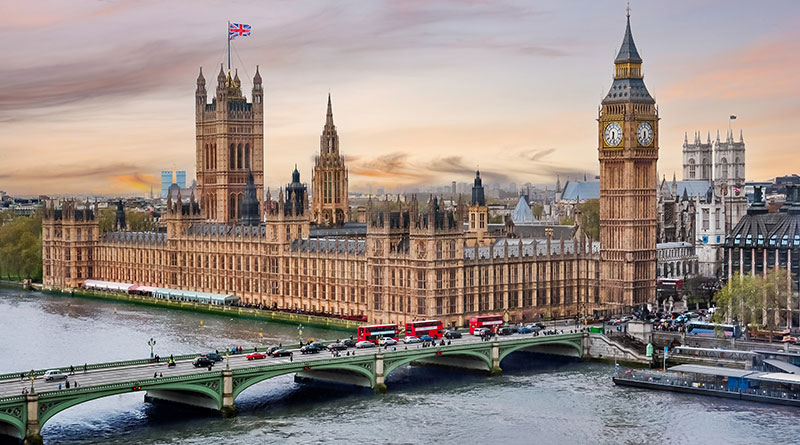Martyn’s Law’ Introduced To Parliament To Better Protect The Public From Terrorism

UK venues including hospitality venues will soon be required to improve preparedness against attacks and introduce measures to help keep people safe, following the introduction of Martyn’s Law to parliament.
The new legislation, also known as ‘Martyn’s Law’ in tribute of Martyn Hett who was killed alongside 21 others in the 2017 Manchester Arena attack, will make sure venues across the UK must consider the security of the public, and take steps to protect them from harm.
This will deliver on the government’s manifesto commitment to strengthen the security of public events as well as the Prime Minister’s personal promise to Martyn’s mother, Figen Murray, that he would bring in this law.
Under the changes, a new duty will be placed on those responsible for premises and public events, requiring them to take appropriate action to strengthen public safety, with requirements reflecting the size of the venue and the activity taking place.
Home Secretary, Yvette Cooper, said:
“Martyn’s Law has been a long time coming. I want to pay tribute to Figen Murray and her campaign team who have tirelessly worked to make this happen.”
“This legislation will strengthen public safety, help protect staff and the public from terrorism and ensure we learn the lessons from the terrible Manchester Arena attack and the inquiry that followed. It is important we now take this forward through Parliament in Martyn’s memory and to help keep people safe.”
Figen Murray, mother of Martyn Hett, said:
“I want to thank everyone who has played a part in getting the bill to this stage, and especially the Prime Minister, who gave me his word that he would act quickly to introduce Martyn’s Law. He said he would act quickly and he has.”
“Today means we are one step closer to making public spaces safer for everyone. It is also hugely important for my family that Martyn’s Law will be on the statute book ahead of the next anniversary of Martyn’s death.”
Kate Nicholls, Chief Executive of UKHospitality, said:
“Protecting our staff and customers is a top priority for hospitality businesses and we’ve been pleased to support the Government in the development of Martyn’s Law.
“I’m pleased that the legislation gives venues in the standard tier the flexibility they need to create bespoke plans to keep people safe.”
“This is crucial because no two venues are the same and everyone will have different requirements to best achieve the aims of this legislation – keeping our staff and customers safe.”
“A collaborative approach between businesses, local authorities and Government has been productive in the development of Martyn’s Law and will remain crucial as businesses work to meet new requirements, especially for those venues in the enhanced tier.”
“I look forward to continue working with the Government and the Security Industry Authority on this critical piece of legislation, both as it goes through Parliament and throughout the process to develop sector-specific guidance.”
As set out in the bill, those responsible for premises will be required to fulfil necessary but proportionate steps, according to their capacity, to help keep the public safe. This includes a tiered approach, linked to the size of the venue, how many people will be there and the activity taking place, making sure undue burdens are not placed on small businesses.
A standard tier premises will apply to locations with a capacity of more than 200 people but under 800. These businesses will be asked to undertake simple yet effective activities to put in place procedures to reduce harm to the public in the event of an attack. These could be as simple as training staff to lock doors, close shutters and identify a safe route to cover.
The enhanced tier will apply to premises and events with a capacity of more than 800 individuals, given the devastating impact an attack could have in these spaces. These locations will need to put in place measures such as CCTV or hiring security staff.
